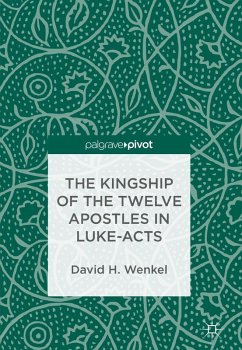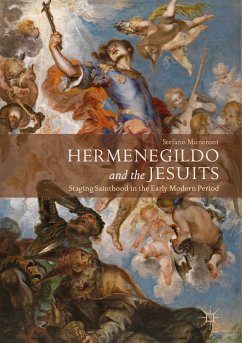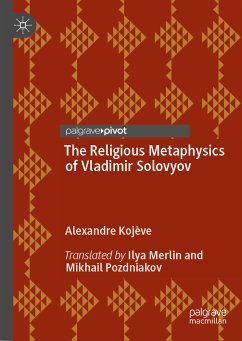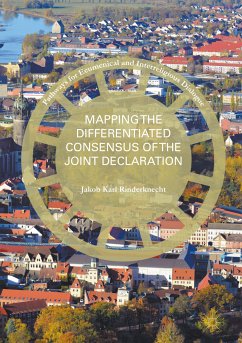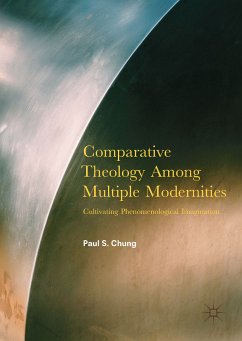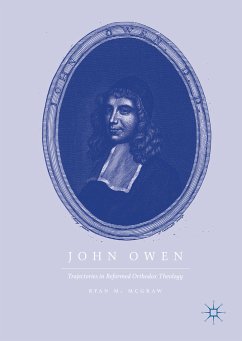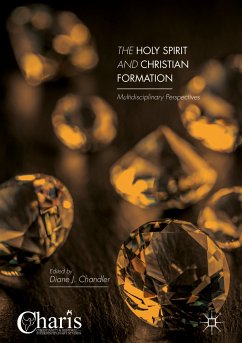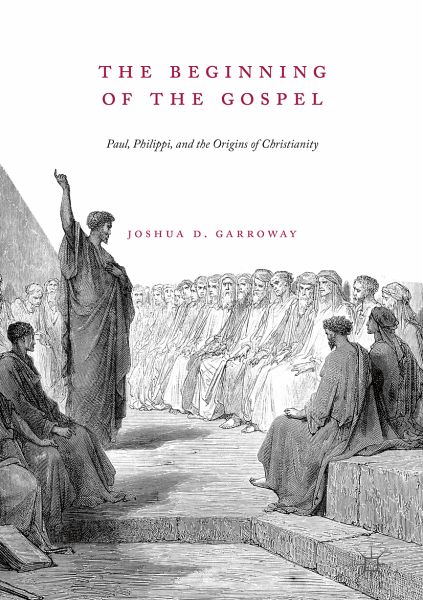
The Beginning of the Gospel (eBook, PDF)
Paul, Philippi, and the Origins of Christianity
Versandkostenfrei!
Sofort per Download lieferbar
96,95 €
inkl. MwSt.
Weitere Ausgaben:

PAYBACK Punkte
48 °P sammeln!
In this innovative study, Joshua D. Garroway offers a revised account of the origin of the all-important Christian word "gospel," yielding significant new insights into the development of early Christian history and literature. Long thought to have originated on the lips of Jesus or his disciples, "gospel" was in fact coined by Paul midway through his career to describe his controversial new interpretation of Jesus' death and resurrection. For nearly a decade after the crucifixion, the thoroughly Jewish Jesus movement demanded circumcision and Law observance from Gentile converts. Only in the ...
In this innovative study, Joshua D. Garroway offers a revised account of the origin of the all-important Christian word "gospel," yielding significant new insights into the development of early Christian history and literature. Long thought to have originated on the lips of Jesus or his disciples, "gospel" was in fact coined by Paul midway through his career to describe his controversial new interpretation of Jesus' death and resurrection. For nearly a decade after the crucifixion, the thoroughly Jewish Jesus movement demanded circumcision and Law observance from Gentile converts. Only in the early 40s did Paul arrive at the belief that such observance was no longer necessary, an insight he dubbed "the gospel," or good news. The remainder of Paul's career featured clashes with authorities over the legitimacy of the gospel, debates that continued after his death in the writings of Mark, Matthew, and Luke-Acts. These writings obscured the original context of the gospel, however,and in time the word lost its specific association with Paul and his scandalous notion of salvation outside the Law.
Dieser Download kann aus rechtlichen Gründen nur mit Rechnungsadresse in A, B, BG, CY, CZ, D, DK, EW, E, FIN, F, GR, HR, H, IRL, I, LT, L, LR, M, NL, PL, P, R, S, SLO, SK ausgeliefert werden.



